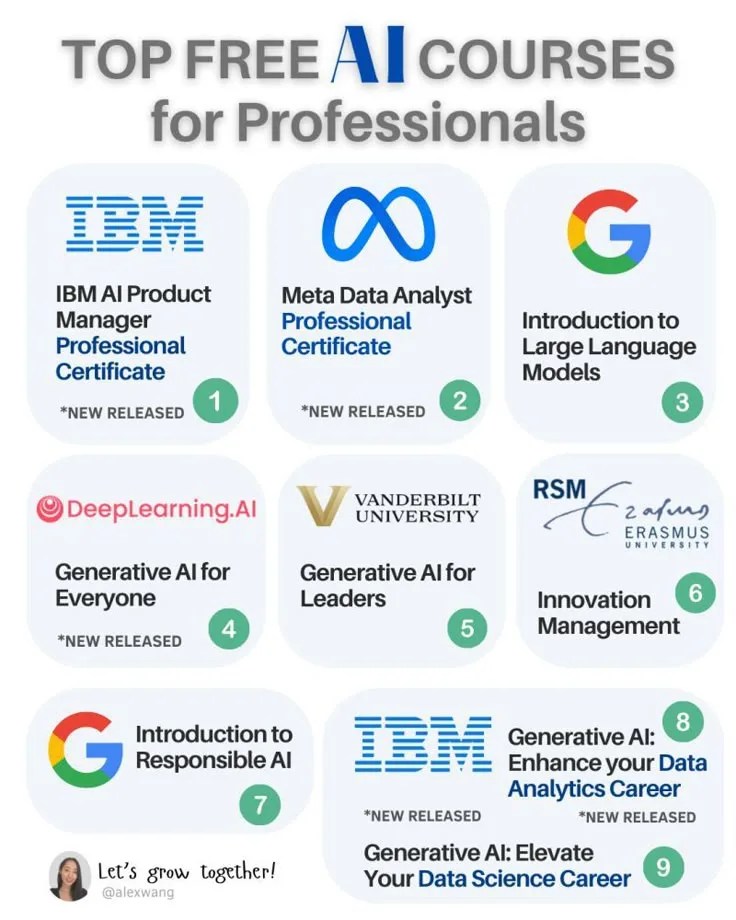In today’s digital-first world, cloud architects are the masterminds behind the scalable, secure, and efficient infrastructure that powers everything from mobile apps to global e-commerce systems. As more companies migrate to cloud platforms, the demand for skilled cloud architects continues to skyrocket. In 2025, getting hired as a cloud architect means more than just knowing AWS or Azure—it means being a strategic, certified, and security-aware leader.
This guide walks you through what it takes to land one of the most sought-after tech roles in 2025.
Table of Contents
Why Cloud Architects Are in High Demand
According to LinkedIn, cloud computing remains one of the top five skills companies look for globally. Cloud architecture enables companies to stay agile, reduce operational costs, and scale without limits. Brands like Amazon Web Services, Google Cloud, Microsoft Azure, and IBM Cloud are constantly expanding—and they need top talent to make it happen.
As businesses move toward hybrid and multi-cloud environments, the role of the cloud architect has expanded to include security strategy, compliance, DevOps integration, and even FinOps (financial operations). In addition, the rise of edge computing and the Internet of Things (IoT) has added new layers of complexity and demand to the job.

Core Responsibilities of a Cloud Architect
A cloud architect’s job is to design, implement, and manage cloud infrastructure that supports business goals. This typically includes:
- Designing scalable and resilient systems across cloud platforms
- Implementing security and compliance protocols
- Integrating with DevOps pipelines (CI/CD)
- Selecting cost-effective cloud services
- Advising teams on best cloud practices and architecture choices
- Monitoring and optimizing performance across cloud resources
- Preparing disaster recovery and business continuity strategies
In 2025, cloud architects are expected to collaborate with developers, cybersecurity teams, data scientists, and executives.
Key Skills Needed to Become a Cloud Architect in 2025
1. Mastery of Cloud Platforms
You’ll need expertise in at least one major platform and working knowledge of others:
- AWS Certified Solutions Architect – Professional
- Microsoft Certified: Azure Solutions Architect Expert
- Google Professional Cloud Architect
- IBM Cloud and Oracle Cloud for niche enterprise systems

2. Infrastructure as Code (IaC)
Manual cloud deployment is outdated. Tools like Terraform, AWS CloudFormation, and Pulumi allow you to provision and manage infrastructure as repeatable code. IaC is crucial for efficiency and consistency in large-scale systems.
3. Security Best Practices
Understanding zero trust architecture, IAM (Identity and Access Management), encryption, compliance frameworks like SOC 2, ISO 27001, and NIST is mandatory. In 2025, cloud security is no longer a shared responsibility—architects are expected to build security-first designs.

4. Network and Storage Architecture
You’ll design systems that balance performance, cost, and scalability. This means mastering:
- Virtual Private Clouds (VPCs)
- Content Delivery Networks (CDNs)
- Block and object storage
- Cloud-native database solutions like Amazon RDS, Firestore, or Azure Cosmos DB
5. DevOps & CI/CD Integration
Cloud architects must support agile development teams. You’ll need to integrate infrastructure with deployment tools like Jenkins, GitLab CI/CD, or GitHub Actions to ensure that applications move smoothly from staging to production.

6. Cost Optimization and FinOps
A good architect understands cost modeling. Platforms like AWS Cost Explorer or Azure Cost Management help monitor and reduce spend without compromising performance.
7. Leadership and Communication
Architects serve as strategic advisors. You’ll explain complex infrastructure to executives, train developers on best practices, and document every step of your design. Communication skills are just as critical as your technical expertise.
Certifications That Matter in 2025
Certifications not only validate your knowledge but also make you more competitive. Here are the most respected credentials for 2025:
- AWS Certified Solutions Architect – Professional
- Google Professional Cloud Architect
- Microsoft Certified: Azure Solutions Architect Expert
- Certified Kubernetes Administrator (CKA)
- HashiCorp Certified: Terraform Associate
Bonus certifications like CompTIA Cloud+, Cisco CCSP, and FinOps Practitioner Certification are also gaining popularity.

Where to Learn Cloud Architecture
To build real-world experience and knowledge:
- Coursera – Offers multi-cloud certifications and hands-on labs
- A Cloud Guru – Specializes in cloud certification prep and playgrounds
- Pluralsight – Deep dive video courses and cloud sandboxes
- Cloud Academy – Ideal for upskilling teams and individuals
- KubeAcademy – Great for Kubernetes-specific skills
Join cloud communities like Reddit’s r/cloudcomputing or Dev.to to stay connected and share knowledge.

Building a Cloud Portfolio That Gets Noticed
Your resume matters, but your portfolio speaks louder. Here’s what to include:
- Documented architecture designs (diagrams, case studies)
- GitHub repositories with IaC scripts and CI/CD templates
- Contributions to open-source cloud projects
- Blog posts or video tutorials explaining architecture decisions
Showcasing how you solve real business problems with cloud infrastructure will set you apart.
FAQs: Becoming a Cloud Architect in 2025

1. Do I need to know all three major cloud platforms?
Not necessarily. Mastering one (like AWS) and having working knowledge of the others is typically sufficient for most roles.
2. How long does it take to become a cloud architect?
With a solid background in IT or development, you can become cloud-architecture-ready in 12–18 months with focused training and certification.
3. Is coding required to be a cloud architect?
Yes, basic to intermediate coding (Python, Bash, or JavaScript) is often necessary, especially for scripting, automation, and IaC.
4. What’s the average salary of a cloud architect in 2025?
Salaries range from $130,000–$190,000 annually in the U.S., with opportunities for remote and international work growing.
5. Can I become a cloud architect without a degree?
Yes. Employers focus more on your certifications, project portfolio, and real-world skills than your degree.
6. Do cloud architects need soft skills?
Absolutely. Leadership, cross-team communication, and documentation are essential for success.
7. What industries hire cloud architects the most?
Finance, healthcare, SaaS, e-commerce, logistics, and government are major employers of cloud talent.


